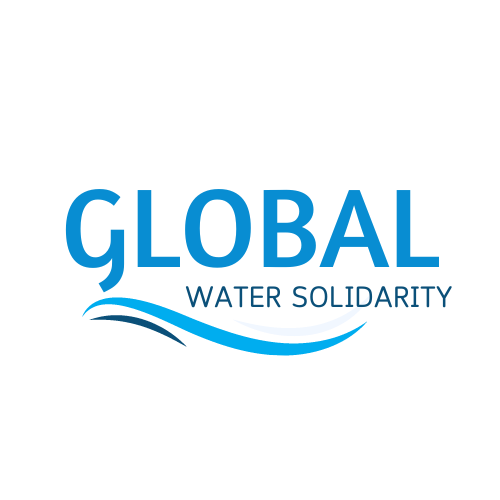Water is a fundamental and irreplaceable resource necessary for human beings and the planet’s healthy functioning. It plays a crucial role in many aspects of our lives, such as healthcare, food production, energy generation, and environmental sustainability. Despite this critical importance, access to clean and reliable water sources is a significant concern worldwide, with nearly 800 million people without access to safe drinking water[^1^]. Even more alarming, the issue of water access is inseparably intertwined with the issue of gender inequality, further exacerbating the difficulty and injustice of water scarcity.
The Gender-Water Nexus
When considering the relationship between water and gender, it’s necessary to understand that the burden of water scarcity disproportionately falls on women and girls. In many parts of the developing world, it is the responsibility of the women to gather and provide water for their families. This time-consuming task often involves walking long distances and carrying heavy containers, negatively affecting their health and depriving them of essential opportunities for education, employment, and social participation. On average, women and children in Africa spend 40 billion hours a year collecting water[^2^]. This burden further inhibits their ability to break free from the cycle of poverty and disenfranchisement. Therefore, the issue of water scarcity is inherently a matter of gender equity.
Women as Water Managers
Not only do women bear the brunt of water scarcity, but they also play a crucial role in managing and conserving water resources. As primary caregivers in the family unit, women have profound knowledge and understanding about the value and necessity of water. They are the ones who use water for cooking, bathing, cleaning, and nurturing, making them de facto water managers within their communities. Yet, despite their integral role in water management, women are often denied the opportunity to participate in decisions regarding water policies and initiatives on a larger scale. Their practical knowledge and experience go untapped in the face of systemic gender bias.
Gender-Responsive Water Interventions
Addressing gender inequality in the context of water scarcity requires an integrated and gender-responsive strategy. Ensuring women’s involvement in the decision-making processes is pivotal for the successful implementation of water, sanitation, and hygiene (WASH) programs.
Some interventions for gender equality in water-resilient societies involve:
- Gender-sensitive WASH programs: Implementing programs that take into account the needs of women, including their safety, privacy, and menstruation needs.
- Involving women in decision-making: Ensuring that women are active players in water resource management, policy-making, and planning at the community, regional, and national levels.
- Skills and knowledge transfer: Training women in water and sanitation technologies, resource management, water conservation, and leadership skills.
- Inclusive infrastructure design: Considering women’s specific needs in the design and construction of water and sanitation facilities.
Bottom Line
The link between water and gender is an undeniable reality. In many parts of the world, water is not merely a physical need; it is a symbol of power, equity, and opportunity. Addressing the water and gender issue is not only about granting women the basic human right of access to clean, safe water, but it’s also about recognizing their invaluable contribution to water management, policy-making, and societal resilience. Empowering women to participate and lead in these domains is a step towards achieving Sustainable Development Goal 5 and 6 – gender equality and clean water and sanitation. Ultimately, investing in women as water stewards is investing in a sustainable future for humanity and the planet.
[^1^]:United Nations Water, “Sustainable Development Goal 6 | UN-Water.” [Online]. Available: https://www.unwater.org/water-facts/water-sanitation-and-hygiene/
[^2^]:World Health Organization, “Water, sanitation and hygiene | WHO | Regional Office for Africa.” [Online]. Available: https://www.afro.who.int/health-topics/water-sanitation-and-hygiene

